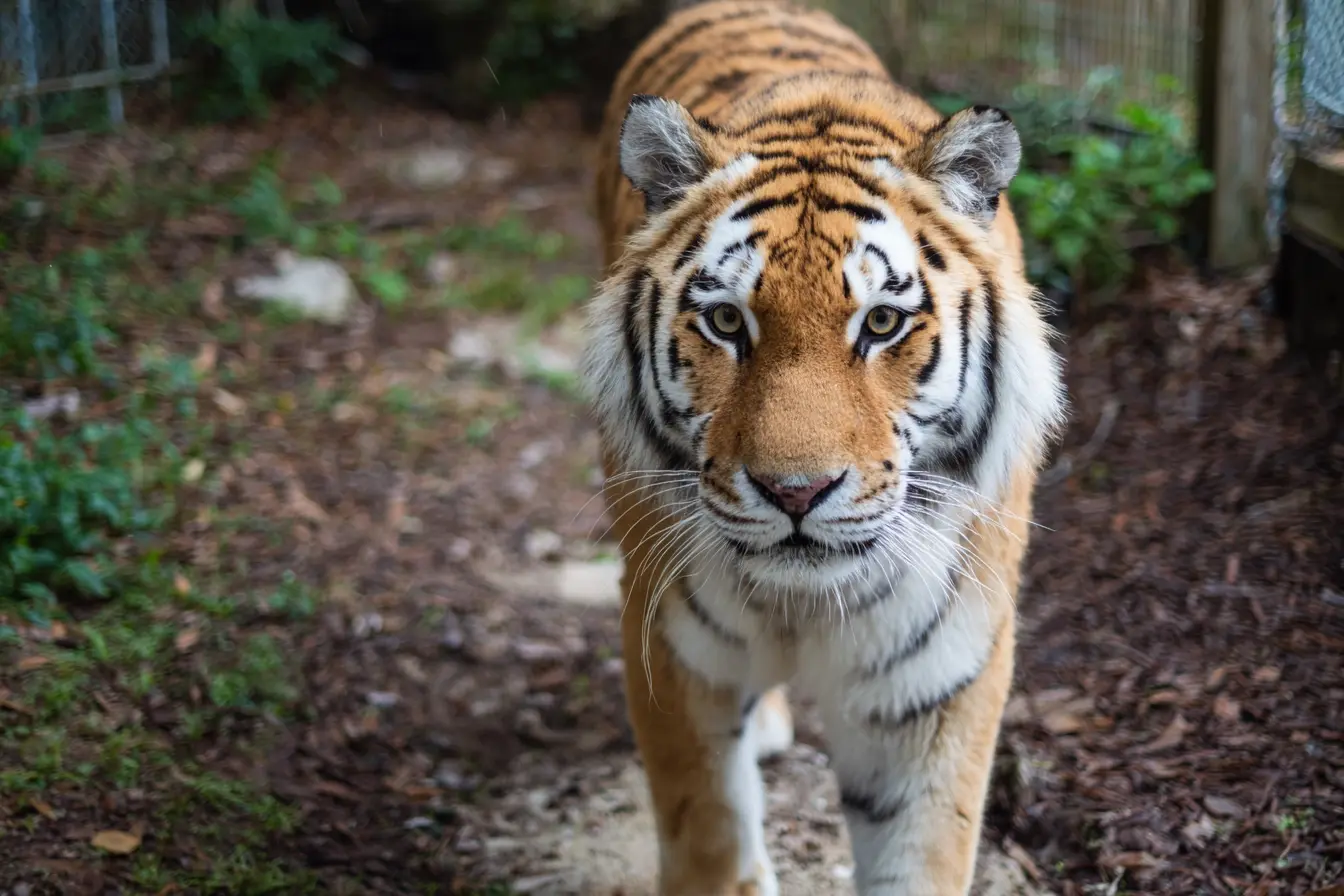
How to Get a Dangerous Wild Animal Licence in the UK
Keeping a dangerous wild animal in the UK is a serious responsibility and comes with strict legal obligations. Whether you’re looking to keep an exotic big cat, a venomous snake, or a primate, you must obtain a Dangerous Wild Animal (DWA) Licence from your local council. This guide explains everything you need to know about the process, costs, requirements, and responsibilities involved.
What is a Dangerous Wild Animal Licence
The Dangerous Wild Animals Act 1976 (as amended) controls the keeping of certain animals considered to pose a risk to the public. The Act requires individuals to apply for a licence before keeping any species listed in the Dangerous Wild Animals Act Schedule.
Note: This licence is not required for animals kept in zoos, circuses, or scientific institutions, as they fall under different legislation.
Animals That Require a DWA Licence
You will need a licence to keep species such as:
- Big cats (e.g., lions, tigers, leopards)
- Bears
- Primates (e.g., baboons, macaques)
- Crocodilians (e.g., alligators, caimans)
- Venomous snakes
- Wolves
- Large constrictor snakes (certain species)
- Hyenas
- Scorpions and spiders (some species)
A full list is available via the Dangerous Wild Animals Act Schedule, which is maintained by DEFRA or your local authority.
Who Issues the Licence
Licences are issued by your local authority (usually the environmental health or licensing department of your council). The process, fees, and conditions may vary slightly between councils, so it's essential to check with yours directly.
Application Process
The application process typically involves the following steps:
- Contact your local authority for the application form and guidelines
- Submit a completed application along with the required fee
- Undergo a detailed inspection by a qualified veterinary surgeon and/or animal welfare officer
- Provide proof of adequate accommodation, care, and containment of the animal(s)
- Demonstrate that keeping the animal does not pose a risk to public safety or nuisance to the community
Inspection and Requirements
During inspection, the following will be assessed:
- The animal’s housing and its security
- Adequacy of diet and veterinary care
- Waste disposal systems
- Plans for emergency situations, including escapes or accidents
- The experience and qualifications of the keeper
You must also demonstrate that:
- You are over 18 years of age
- You have not been disqualified from keeping animals
- The animal will be kept only by you or persons authorised by you
- Public safety is not endangered
Licence Conditions
If approved, the licence will include strict conditions such as:
- Specific animals covered and their locations
- Requirements for signage, safety barriers, and public access restrictions
- Veterinary care provisions
- Record-keeping obligations
- Restrictions on breeding or sale (unless permitted)
- Immediate notification of death, escape, or sale of the animal
Cost of a DWA Licence
Fees vary between councils and generally range from £150 to over £1,000 depending on the type and number of animals, inspections, and veterinary costs. Some councils charge separate inspection and application fees.
It’s important to note that the cost of meeting care and containment standards can be significantly higher than the licence fee itself.
Duration and Renewal
Most licences are granted for one or two years and must be renewed before expiry. Renewal usually involves:
- A new inspection
- Updated application
- Continued compliance with the conditions
Late applications or failure to comply can result in the refusal of renewal and possible confiscation of the animal.
Insurance
While not legally required in all cases, public liability insurance is strongly recommended. Some councils may make insurance a mandatory condition of the licence, especially for high-risk species.
Penalties for Non-Compliance
Keeping a dangerous wild animal without a valid licence is a criminal offence. Penalties include:
- Fines
- Confiscation of the animal
- Prosecution
- Disqualification from keeping animals in future
Additional Considerations
- Always check if other legal restrictions apply (e.g., CITES for endangered species)
- Inform your local authority and emergency services of any changes in circumstances
- Ensure contingency plans are regularly updated and understood by all responsible parties
- Be aware that some councils or devolved governments may apply additional wildlife or welfare regulations
Final Thoughts
Owning a dangerous wild animal is a long-term commitment that demands knowledge, resources, and dedication. The DWA licensing process ensures that animals are kept safely, ethically, and in a way that minimises risk to the public. If you are genuinely prepared to meet the high standards required, your first step should be a conversation with your local authority licensing team.
For further details, consult:
- Your local council's website
- DEFRA guidance documents
- The Dangerous Wild Animals Act 1976 (as amended)
Vets near you
Speciality vets
- Aquatics vet specialists
- Birds vet specialists
- Camelids vet specialists
- Cats vet specialists
- Cattle vet specialists
- Deer vet specialists
- Dogs vet specialists
- Equines vet specialists
- Exotic vet specialists
- Goats vet specialists
- Pigs vet specialists
- Poultry vet specialists
- Sheep vet specialists
- Small Mammals vet specialists
- Wild vet specialists
Vet facilities
- Accessible by public transport
- Blood testing
- Car park nearby
- Client car park
- Dentistry
- Diagnostic imaging
- Disabled public access
- Flea and worm treatments
- Microchipping
- Mobile services
- Neutering
- Open at weekends
- Out-of-hours service
- Referral interests
- Referrals only
- Street parking outside
- Toilets available
- Vaccinations